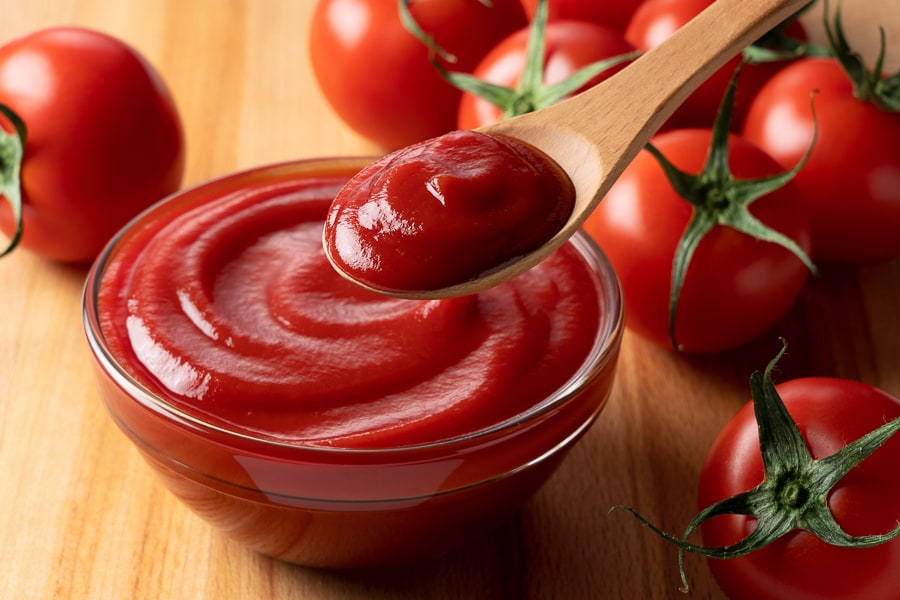
From ketchup to the telephone, five revelations that are gifts of world expos
Expo 2020 opens in Dubai on Friday. Ahead of the six-month event, here are five innovations that featured at previous world fairs
 Ketchup was promoted at two world expos.
Ketchup was promoted at two world expos.
Image: Shutterstock
Expo 2020 opens in Dubai on Friday, hoping to attract millions of visitors with its imaginative pavilions and technological advances.
Ahead of the six-month event, here are five innovations that featured at previous world fairs:
The Eiffel Tower
The most famous Expo was perhaps the Paris 1889 edition, where the Eiffel Tower by architect Gustave Eiffel was unveiled.The 324-metre (1,063-foot) "Iron Lady" was originally built as a temporary attraction, but became a permanent feature of the French capital's skyline and a world-renowned symbol of the country.
X




